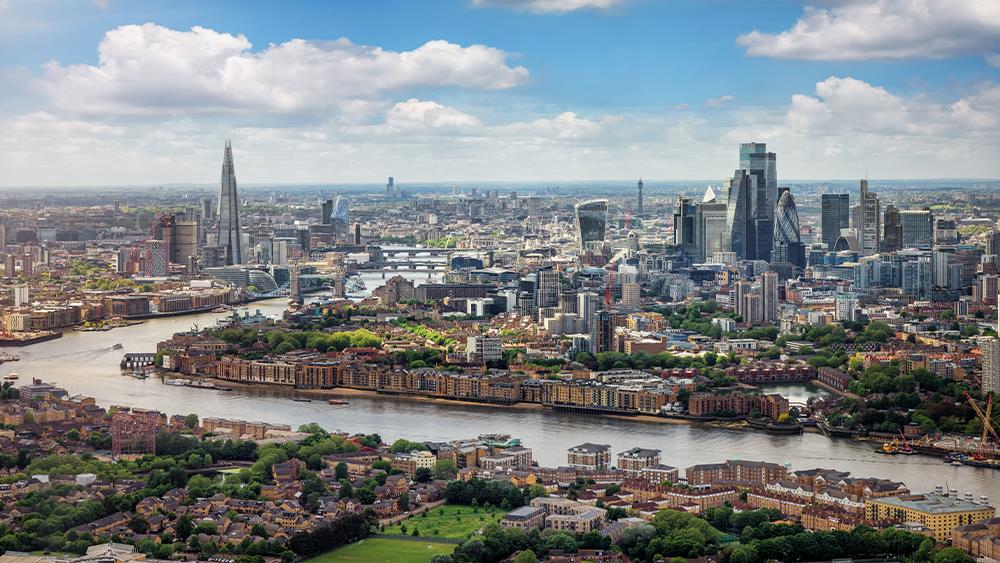

NFRC (National Federation of Roofing Contractors) has announced its support of the Skyline Skills Hub, which aims to help London's workforce meet the challenges of decarbonisation.
The Skyline Skills Hub is described as a "‘one-stop-shop’ for all things green skills in London’s commercial built environment." The platform, which was launched by the City of London Corporation’s Skills for a Sustainable Skyline Taskforce, aims to address the green skills gap in London by offering accessible, updated information on sustainable practices to various audiences.
The Hub is the result of three years of collective industry action with other 350 firms from the Skills for a Sustainable Skyline Taskforce, bringing greater awareness of the need to boost and diversify the built environment workforce.
It hopes to equip the future workforce, policymakers, and newcomers with the essential information needed to tackle the green skills crisis affecting roofing, cladding, and construction at large.
Ruth Scarrott, NFRC Head of Careers, who helped develop the Skills for a Sustainable Skyline Taskforce playbook, commented: "This initiative addresses critical skill requirements for achieving sustainable urban development, aligning workforce competencies with the evolving needs of the construction and building sectors".
She ensured that NFRC perspectives on the roofing industry and SME obstacles were considered and incorporated during the Hub's formation. "The success of our Member businesses will be critical if London is to achieve its decarbonisation goals, so we must all work together on this," Scarrott added.
Buildings are responsible for nearly 40% of global greenhouse gas emissions and 76% of emissions in London alone. Retrofitting older buildings has become critical to the decarbonisation agenda. Over the next 30 years, 95% of emissions from the built environment are expected to come from existing buildings.
"The roofing and cladding businesses that NFRC represents have a critical role to play on the journey to net zero, but they will need new talent, and that's where the Skyline Skills Hub comes in," Scarrott continued.
The Hub offers free access to up-to-date resources from across the built environment sector, including careers guides, case studies and research such as the Skyline Skills Recommendations Report. It also facilitates collaboration between businesses, training providers, and government to realise these objectives.
It is estimated that those entering construction can expect a 29% higher hiring rate when they are equipped with new green skills. Central London needs a larger skilled workforce to decarbonise its commercial buildings, achieve the City Corporation's Net Zero targets by 2040, and retain its world-leading financial and professional services sector. To achieve these sustainability goals, an estimated 26,000 additional built environment workers will be needed in Greater London by 2026.
Keith Bottomley, Chairman of the Skills for a Sustainable Skyline Taskforce, explained: "Central London's skyline is constantly growing, and we must ensure our workforce is equipped with the necessary skills and qualifications to build sustainable structures.
"The Skyline Skills Hub aims to highlight the best career and training opportunities that the built environment sector has to offer. Looking ahead, we want to expand this crucial work beyond London, and to support the upgrading of skilled workforces across the UK's cities, and support skills for the residential built environment.
"We want the UK to have the best workforce to deliver sustainable commercial buildings for tomorrow. Together, we can make it happen."